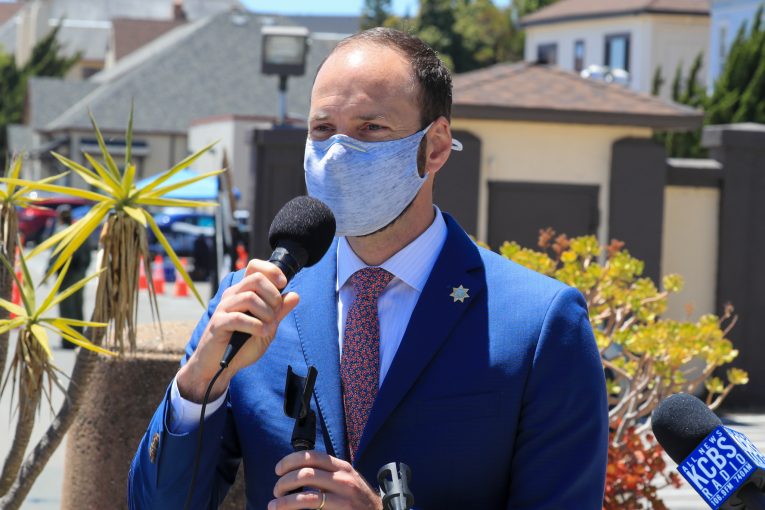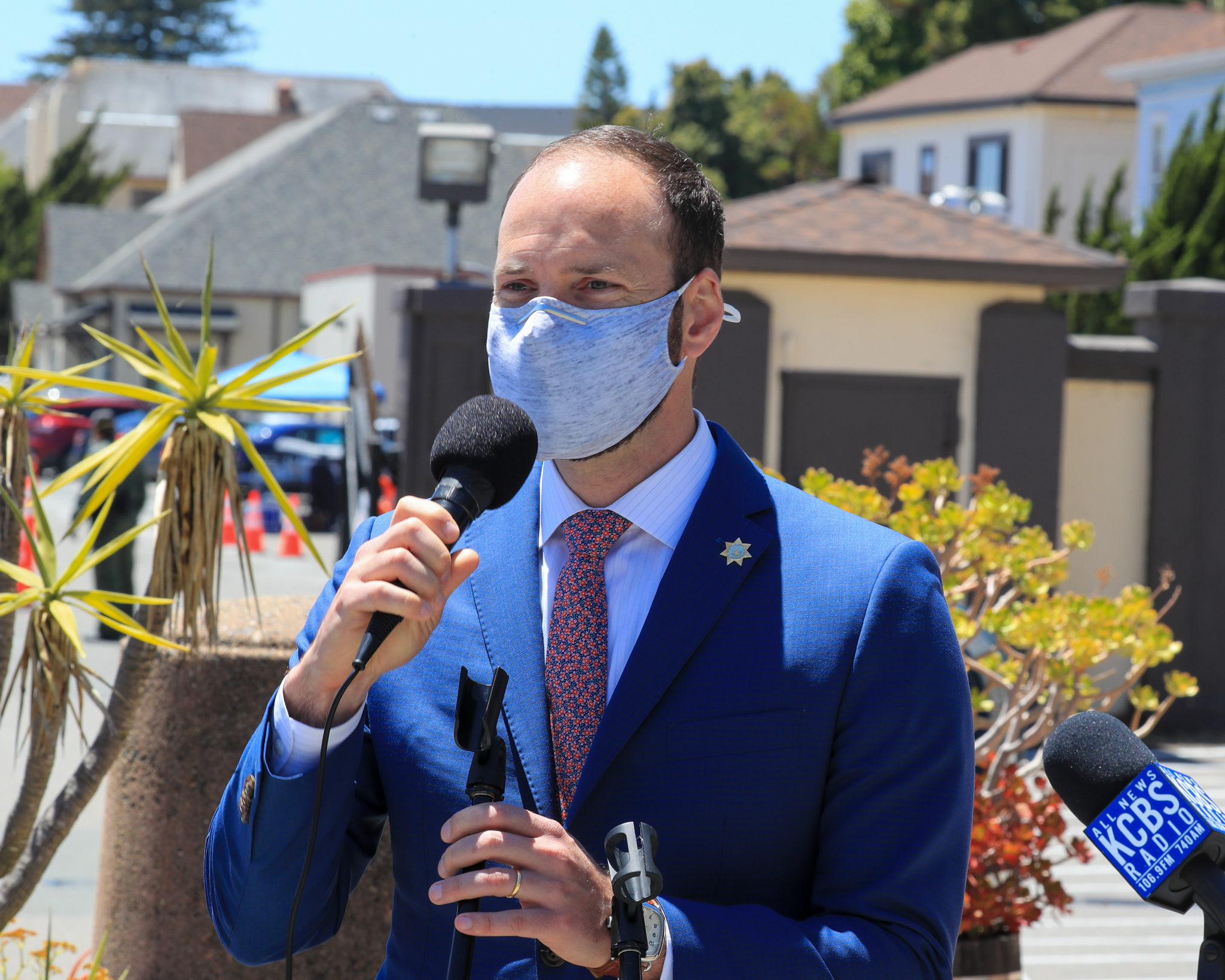

On Friday, 35 elected prosecutors representing over 31 million people across the country issued an open letter to governors, calling upon them to dramatically reduce state prison populations to mitigate the spread of COVID-19 and save lives.
“Being confined in a prison or jail should not be a death sentence. Yet, in the context of COVID-19 that is exactly what it has become for far too many. Over the past few months, the threat COVID-19 poses to those incarcerated, as well as the corrections and medical staff who work in prisons, and the broader communities they live in, has become gravely apparent,” the letter reads.
The letter called on governors to immediately order the release release of elderly and medically vulnerable individuals and those near the end of their sentence. In California last week, Governor Newsom called for the release of 8000 people who have been incarcerated who had less than a year to go in their term.
Reformers said that, while a good start, it gets nowhere near the level of release experts have said is needed to reduce the spread of COVID. In addition to more than 2000 confirmed cases at San Quentin, the Vanguard has tracked new hotspots this week at Wasco State Prison and CA Correctional Institution in Tehachapi.
The letter also called on better resources for those being released from prison, including safe reentry support and transitional housing.
They also called for “Ensuring the physical and mental health of people who remain incarcerated by suspending co-pays for medical visits, providing adequate sanitation and hygiene products and frequent communication with family members and loved ones.”
“Many local elected prosecutors have shown courage, humanity and leadership during this pandemic by acting swiftly to reduce jail populations and prevent countless members of the community from  being exposed to the coronavirus,” said Miriam Krinsky, executive director of Fair and Just Prosecution, the organizer of the letter.
being exposed to the coronavirus,” said Miriam Krinsky, executive director of Fair and Just Prosecution, the organizer of the letter.
She added, “However, prisons have barely decreased their populations, creating conditions that are now proving to be catastrophic and deadly. To prevent additional infection and further tragic and needless loss of life, it is imperative that governors immediately use their powers to release people from prisons who no longer pose a threat to the safety of others and are elderly, vulnerable to infection, or near the end of their sentence.”
The letter was issued by 35 elected prosecutors who came together in response to the continued public health crisis in locked facilities across the country. While steps taken at the local level have helped reduce jail populations, state prison populations have largely remained stagnant. A recent analysis concluded that prisons across the country have reduced their population by only five percent – a far cry from what is needed to address the growing crisis associated with the spread of COVID-19 behind bars.
Signatories to the letter underscored the threat COVID-19 presents to those who remain incarcerated during this pandemic as well as to the broader community, noting that people in custody are particularly vulnerable to the deadly coronavirus and prisons continue to have the potential to explode “…as reservoirs and accelerants of mass infection…further shattering efforts to flatten the curve.”
The recommendations outlined in the letter are aimed at removing those who are elderly and medically at-risk from harm’s way and also dramatically reducing prison populations by releasing those near the end of their sentences who present little risk to public safety. By addressing these densely populated facilities, the signatories assert that governors can prevent further catastrophic outbreaks and protect not just those behind bars, but also the thousands who work in these facilities and return to their families and loved ones at the end of each shift.
Since the beginning of the pandemic, many reform-minded elected prosecutors across the nation committed to rapid decarceration and have worked to significantly reduce the number of people behind bars. Elected prosecutors such as Kings County (Brooklyn), NY, District Attorney Eric Gonzalez and Baltimore City, MD, State’s Attorney Marilyn Mosby have reduced the number of people entering the justice system by refraining from charging low-level offenses. Prosecutors have also worked to shrink the jail population by releasing individuals.
For example, San Francisco District Attorney Chesa Boudin recommended the release of people close to the end of their sentence, resulting in the local jail population declining nearly 25 percent in one month.
And Ramsey County (St. Paul), MN, County Attorney John Choi worked with others shortly after the pandemic hit to reduce his jurisdiction’s jail population by over 50 percent in two weeks.
These and other elected prosecutors are now calling on our nation’s governors to “follow [their] lead and immediately reduce prison populations… protecting those who are in no position to protect themselves.”
The letter notes that “the story is not the same for prisons.” They write, “While steps taken at the local level have helped drive down jail populations and reduce the public health risk they pose to communities, state prison populations have largely remained stagnant despite the spread of COVID-19 behind bars.”
The letter adds: “And over and over again, rural areas have become national coronavirus hotspots as infections explode within state prisons and then spread into the community.”
—David M. Greenwald reporting
To sign up for our new newsletter – Everyday Injustice – https://tinyurl.com/yyultcf9

